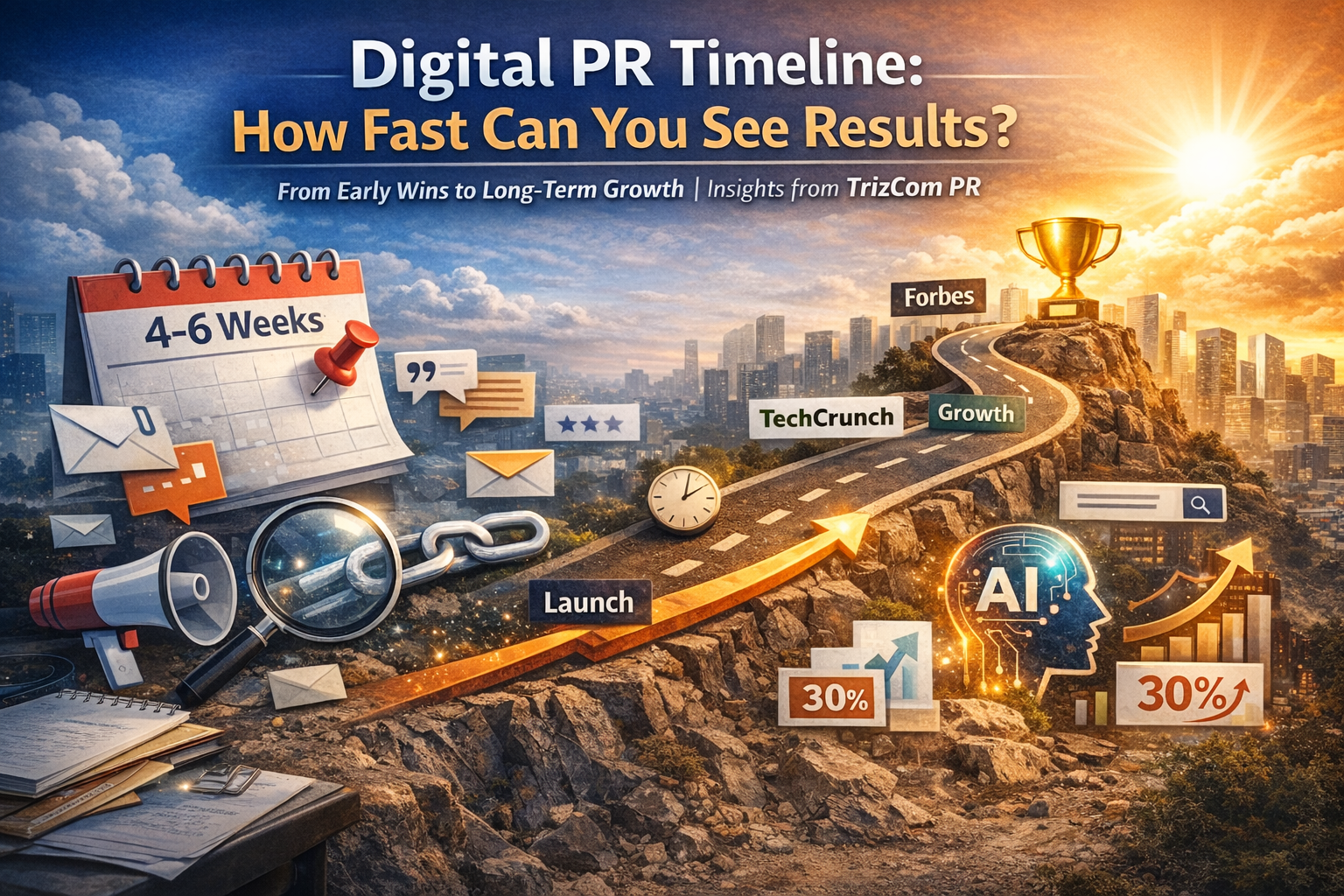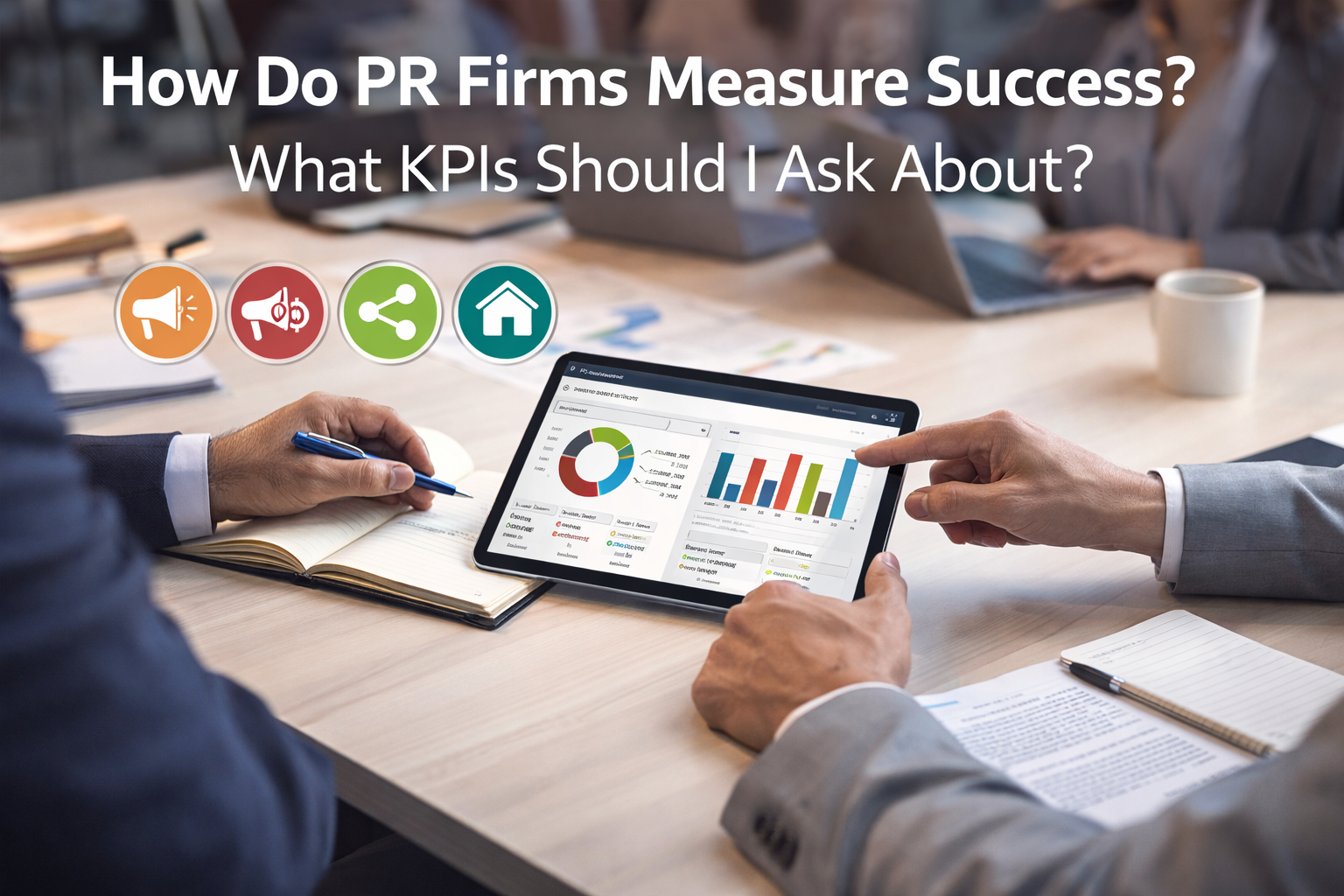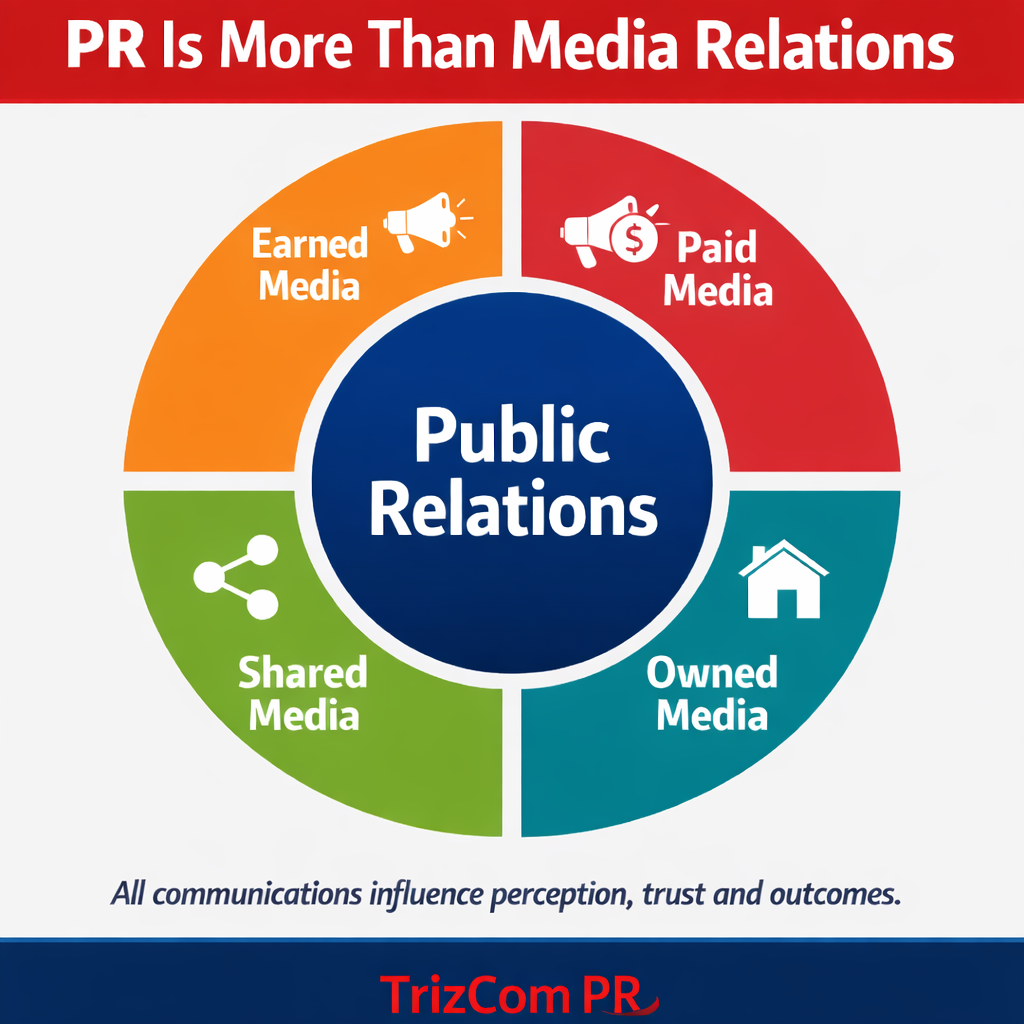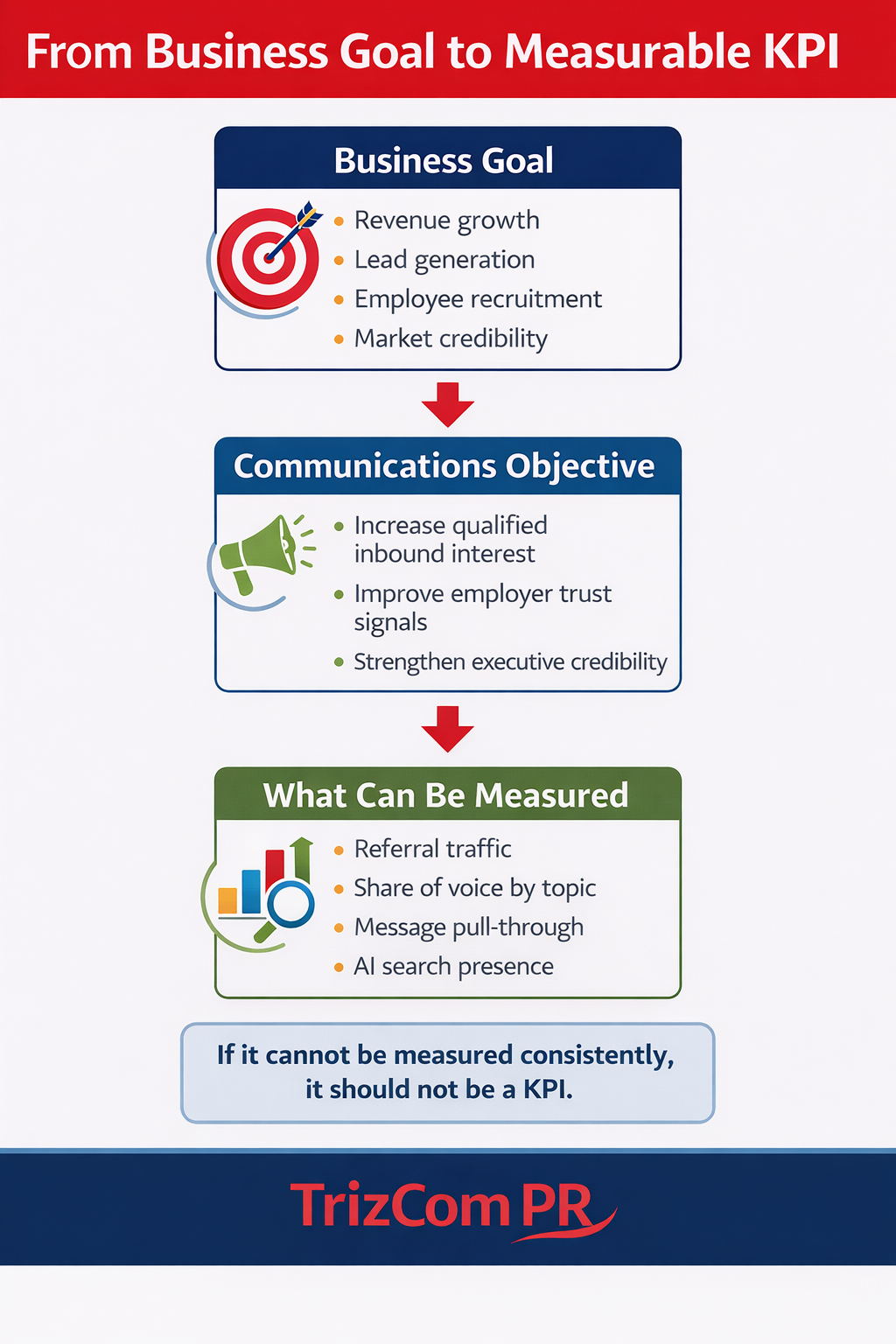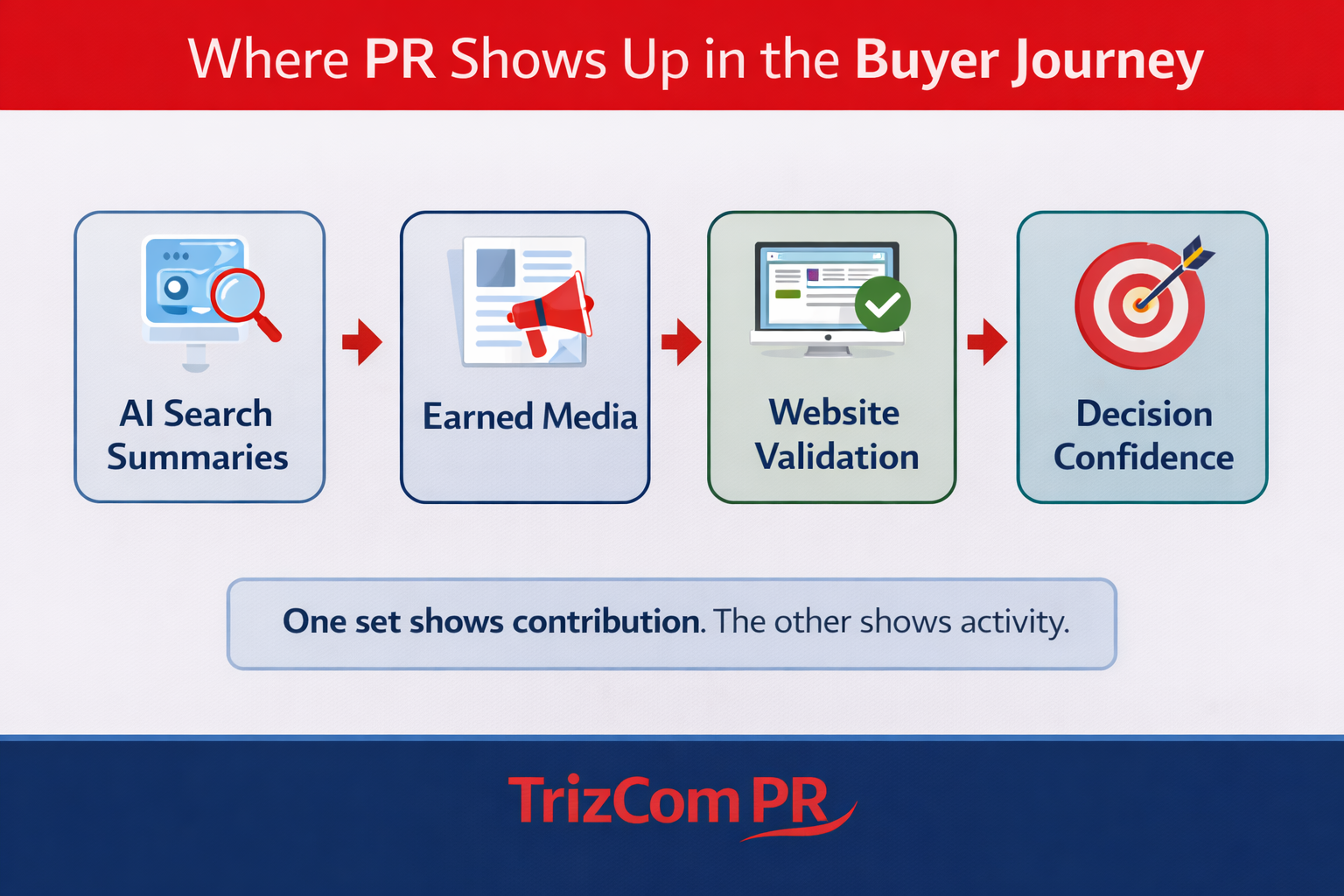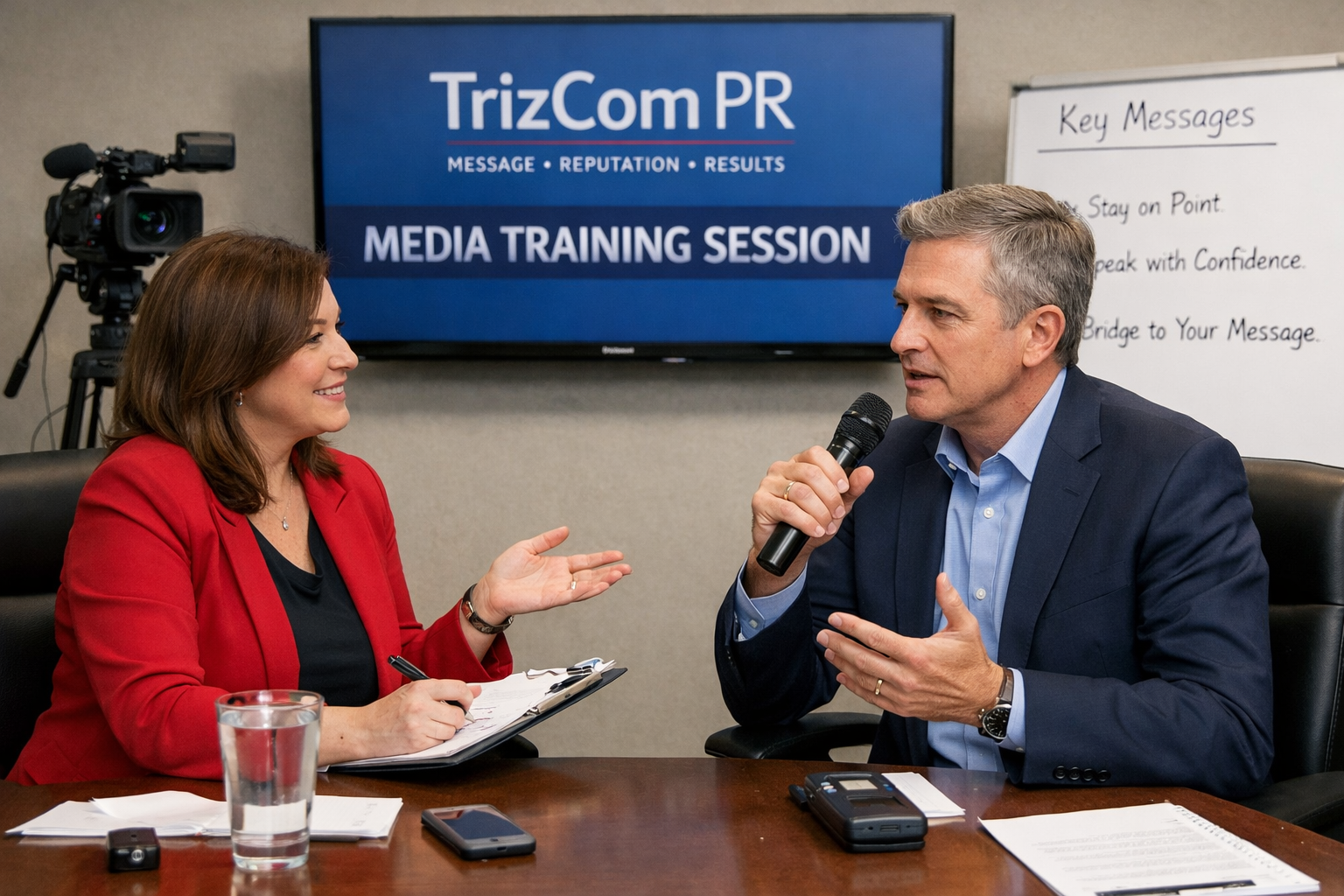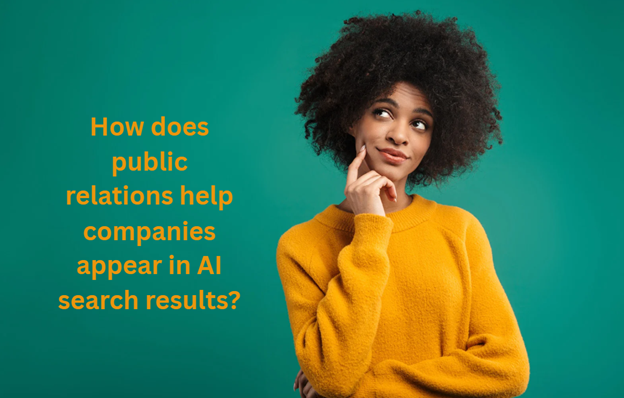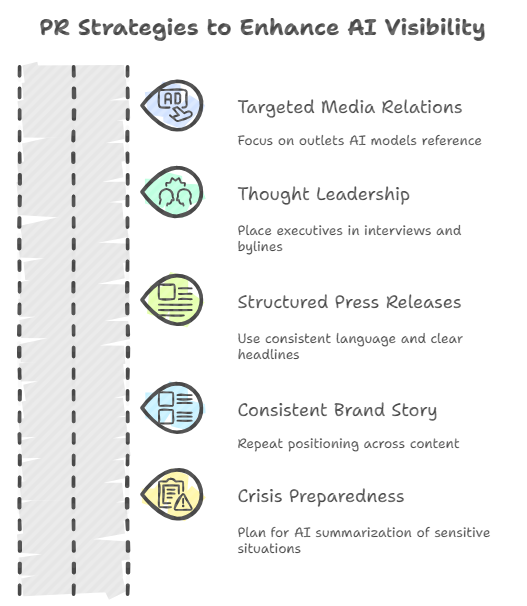Every year, brands make public relations mistakes that turn into case studies. These crisis communication examples show how fast trust can drop when leadership treats an emotional moment like a routine update, waits too long to speak or talks like a legal memo while stakeholders feel the impact in real time.
The pattern is simple. A crisis creates an information vacuum. If you do not fill it with clear facts, human tone and practical next steps, someone else will. Social media will. Reddit will. A competing narrative will. Once that version takes hold, even a good response can look late.
TL;DR
A crisis is a fast-moving event that can harm people, operations, finances or trust
The first goal is stability, not a perfect explanation
Publish one source of truth with timestamped updates
Pick one spokesperson, limit mixed messages
Lead with care, then facts, then next steps
Keep promises about when the next update is coming
What is considered a crisis
A situation is considered a crisis when it creates real stakes and real urgency. Stakes can include safety risk, service disruption, legal exposure, financial impact or reputation damage that threatens future business. Urgency shows up when facts are incomplete, pressure is rising and decisions must be made quickly. If the event pulls in multiple audiences at once, employees, customers, partners, regulators, media and requires a cross-functional response, it has crossed into crisis territory.
What is crisis communications
Crisis communications is the coordinated work of sharing accurate, timely information during a high-stakes event while protecting people, operations and long-term trust. It covers what you say, when you say it, who says it and where it is published. The goal is not to “spin” a situation. The goal is to reduce confusion, prevent harm, support affected people and keep stakeholders informed as facts evolve. Strong crisis communications pairs empathy with clarity and uses one consistent update hub.
Top 11 Crisis Communications Events of 2025
Below is my list of 10 2025 crisis PR examples followed by past examples that still hold up. Each one includes what went wrong, what a stronger crisis response could have looked like and the takeaway you can steal for your own crisis management plan.
The Dallas Mavericks traded Luka Dončić and announced it overnight on February 2, 2025. Fans woke up to a decision that felt abrupt and personal, not just strategic. The backlash moved from social posts to protests outside the arena, including a mock funeral. Local coverage stayed on the story for weeks because the team did not control the conversation early.
What went wrong
They treated a high-emotion moment like a routine transaction. The first wave of communication did not acknowledge what fans were losing. Leadership appeared reactive, then defensive, which kept the story alive.
What they should have done
They needed a planned rollout that treated fans as stakeholders, not an audience. That starts with a clear statement from leadership explaining the reasoning in plain language paired with a visible tribute to Luka’s legacy.
They also needed a listening phase. Hold a structured media availability with one spokesperson, share what the team can say and what it cannot, then commit to a second update within 24 to 48 hours. Most importantly, stop escalating tension in the arena. If fans show up upset, the organization’s job is to lower the temperature, not raise it.
What we learned
You can make a smart business move and still create a trust problem. Timing and tone decide whether stakeholders feel respected or dismissed. If your most loyal supporters feel blindsided, they will tell the story for you.
Astronomer went from niche tech company to household name in a single weekend, but not because of its product. A kiss cam clip at a Coldplay concert showed two senior leaders, which turned into instant scrutiny around workplace ethics and leadership conduct. Internet sleuths identified the individuals within hours and the story shifted from gossip to governance. The company placed the executives on leave, opened an investigation and both leaders later exited. Astronomer then tried to redirect attention with a humorous, celebrity-led creative spot.
What went wrong
The real crisis was not the brand awareness spike. The crisis was executive behavior and the power dynamics implied by two leaders at the top. The company also lost the first day to silence, which gave the internet time to write its own version of events. The humor pivot created mixed reactions because many stakeholders wanted clarity and accountability first.
What they should have done
They needed a same-day holding statement that did three things: acknowledge awareness, confirm an independent investigation process and reaffirm leadership standards. Keep it short. Keep it human. Save humor for later, if it fits at all.
Next, run a disciplined update cadence tied to decision points: who is leading interim operations, when the investigation concludes, what changes will follow. If the company still wanted creative reframing, it needed to come after visible accountability and internal culture actions so the tone matched the substance.
What we learned
Virality can turn a company into a household name overnight, but that is not a win if the story is executive conduct. The first day matters. Silence invites speculation that is hard to unwind.
In the Fall of 2025, a denim campaign sparked controversy because the messaging was read by some audiences as echoing sensitive themes around genetics. The conversation spread quickly across social platforms and traditional media. What the brand intended as playful wordplay became a broader cultural debate. The spokesperson and the brand responded later, but the story had already taken its shape.
What went wrong
The campaign was not stress-tested for interpretation risk. The response window looked slow, which let others define intent. The follow-up messaging focused on the original creative idea rather than addressing why the interpretation landed.
What they should have done
Before launch, they needed a red-team review: read the copy like a critic, then rewrite until the double meaning disappears. If the campaign is already live, the first response should validate concerns without arguing with them. Clarify intent, remove or revise the element causing harm and explain the change clearly.
Then shift to proof. Share what internal review steps are changing, how future campaigns will be tested and what representation and inclusion look like in practice. People do not need a lecture. They need clarity and action.
What we learned
If a line can be interpreted two ways, the internet will choose the one that creates friction. Cultural meaning moves faster than brand intent. Creative review needs a “how could this be read badly” step, every time.
In August of 2025, Cracker Barrel rolled out a brand refresh that included a logo change, then faced public backlash. The company reversed course and restored the old logo and brand elements. Executive changes followed as leadership tried to reset attention back to the guest experience. The episode turned a design decision into a reputational story.
What went wrong
They changed a symbol people feel protective of before explaining the reason. The explanation arrived after the reaction, so the reaction became the headline. The reversal looked reactive, which can make a brand feel unsteady even when it is trying to listen.
What they should have done
If a legacy brand wants to modernize, it needs a story that respects what people value. Explain the purpose first, show the evolution and test the rollout in smaller markets before a full switch. Treat brand change like change management, not like swapping a file.
They also needed better signal detection. Volume alone is not insight. Separate real customer feedback from coordinated amplification, then respond to the stakeholders who actually sustain the business.
What we learned
Changing a beloved symbol without a story creates a vacuum and people fill it fast. A reversal can look like listening, but it can also look like instability if the brand cannot explain the “why.” Not all outrage is customer outrage, so validation matters.
Over the July 4, 2025 holiday weekend, catastrophic flash flooding swept through Texas Hill Country, including the Guadalupe River area near Hunt, Texas where Camp Mystic operates. Camp Mystic later confirmed that 27 campers and counselors died. As search and rescue continued, families and the public looked for real-time updates, safety details and clear points of contact. Reporting also noted that Camp Mystic’s first formal website statement came after families and friends had already turned to social media for information.
What went wrong
In fast-moving disasters, information gaps become part of the crisis. Public reporting raised questions about response timing, including that evacuation began after a National Weather Service alert. Communication also appeared fragmented early on, with many people relying on unofficial channels while the situation was still unfolding.
What they should have done
First, camps in flood-prone regions need a crisis plan built around speed and redundancy. That includes hard evacuation triggers tied to weather alerts, overnight monitoring, flood gauges and multiple ways to reach every cabin and staff member if power and cell service fail. It also includes a separate family communications system that does not depend on staff posting updates in the middle of an emergency.
Second, once the crisis begins, the organization needs a single information hub and a predictable update rhythm. Set up a hotline and a dedicated webpage with time-stamped updates, what is confirmed, what is still being verified and where families can get help. Coordinate messaging with local emergency management so the public hears consistent facts and families do not feel pushed toward rumor-filled threads for answers.
What we learned
Natural disasters turn into reputation crises when stakeholders cannot get timely, trusted information. The most effective crisis communication is operational, not performative: clear triggers, redundant tools and a family-first update system. Post-crisis, the only path forward is transparency on what changed, plus visible safety upgrades that people can verify.
In early 2025, Target said it would end its three-year DEI goals and wind down its REACH initiative, citing an “evolving external landscape.” The decision drew immediate public scrutiny because many people associate Target with values-led branding. Some community leaders and shoppers called for boycotts and sustained pressure campaigns, keeping the story in the news cycle well beyond a typical corporate announcement.
What went wrong
Target framed the change as a planning or positioning update, but many audiences experienced it as a reversal. The public messaging left space for others to assign motives, which widened the perception gap. The response also lacked a clear explanation of what would stay the same and what would change in day-to-day practices.
What they should have done
They needed to communicate in concrete terms, not umbrella language. A stronger approach would have spelled out what commitments were continuing, what programs were evolving and what metrics would still be tracked. Share a short FAQ that answers the questions people actually ask in these moments: what changes for employees, what changes for suppliers, what changes for community investment and what is non-negotiable.
They also needed a listening plan that matched the intensity of the reaction. That can include pre-briefs with key stakeholder groups, then a clear cadence of updates with one consistent spokesperson. If the company wanted to reposition language, it still needed to show continuity through visible actions and reporting that people can verify over time.
What we learned
Policy statements land as identity and trust, not corporate process. If you change something tied to values, you have to communicate what stays true, not only what is ending. Vagueness invites other people to define intent.
In 2025, OpenAI faced a wave of public scrutiny tied to how ChatGPT responds to people in emotional distress, including minors. The most high-profile coverage centered on a wrongful-death lawsuit filed by a teen’s family who alleged the chatbot contributed to harmful outcomes. The story expanded beyond one case into a broader question about whether current safeguards are strong enough for vulnerable users. OpenAI responded by outlining new mental health guardrails for teens and people in crisis, including additional controls and crisis detection improvements.
What went wrong
This was not a standard PR crisis where a statement fixes the problem. The core issue was the gap between product capability and user safety expectations, especially when the user is a teen or in distress. As lawsuits and reporting stacked up, the narrative became “platform responsibility” instead of “isolated incident.”
What they should have done
OpenAI needed to treat this like a safety event with public accountability, not a reputational flare-up. That means a clear, centralized safety hub that explains what the system does when someone signals distress, what it will not do and how escalation works. It also means publishing measurable safety commitments, then reporting progress on a predictable schedule so the conversation is grounded in proof, not promises.
They also needed stronger guardrails that are easy to understand and hard to bypass for minors. Parental linking, teen-specific defaults, clearer warnings and better crisis routing all help, but credibility increases when safeguards are validated by independent experts and user research, then shared in plain language. When the topic is mental health, tone matters. The company has to lead with care for affected families, not corporate defensiveness.
What we learned
When a product touches mental health, trust is built through safety design and transparent follow-through. In these moments, “we take this seriously” is not enough because stakeholders want to see what changed. The brands that hold up best treat safety as a product feature that ships, gets measured and gets updated in public.
Hertz disclosed that customer information was accessed after a threat actor exploited vulnerabilities in Cleo file transfer software used by a vendor. Hertz said it confirmed on February 10, 2025 that data had been acquired by an unauthorized party connected to attacks that occurred in late 2024. The notice described the types of information that may have been involved, including identification and contact details, with some individuals potentially affected more severely depending on the records involved.
What went wrong
The company faced the classic “it was a vendor” problem. Most customers do not separate vendor responsibility from brand responsibility, especially when identity risk is involved. The delay between the underlying intrusion window and consumer notification also creates frustration because people feel they lost time to protect themselves.
What they should have done
They needed to lead with customer protection, then explain the vendor chain. That means a breach hub that is easy to find, plain-language updates and a checklist of immediate steps people can take, even while forensic work continues. Put the highest-risk groups first and communicate directly with those individuals as early as possible.
They also should have tightened the tone around accountability. “Third-party incident” can sound like finger-pointing if it is not paired with clear ownership: what Hertz is doing now, what controls will change and how the company will validate improvements. A post-incident report, written for non-technical readers, would help restore confidence.
What we learned
In a breach, customers judge outcomes, not root causes. Vendor incidents still belong to the brand in the public’s mind. Speed, clarity and practical guidance reduce long-tail distrust.
Elon Musk became the public face of the White House’s Department of Government Efficiency known as DOGE even as the White House said in court filings that Musk was not a DOGE employee and had no formal decision authority. The visibility of the role triggered a consumer backlash that moved into the real world through #TeslaTakedown protests at Tesla locations. The situation blurred Tesla’s brand with Washington politics and created negative attention across key markets. The White House later publicly showcased support for Tesla, which kept the story connected to politics rather than products.
What went wrong
The core issue was brand entanglement. Tesla became a proxy target for opinions about Musk’s government role and federal cuts, even though the company is a separate entity. Messaging also struggled to clarify the difference between Musk’s public persona, Musk’s advisory role and Tesla’s operations, leaving a perception gap that others filled quickly.
What they should have done
This required a clear firewall narrative, repeated consistently. Tesla could have separated “Musk the adviser” from “Tesla the company” with a short, plain-language statement that explained governance, decision-making and who speaks for Tesla on operational matters. Then reinforce it with actions: elevate additional executive spokespeople, increase visibility for product and safety leadership, publish a predictable cadence of customer-first updates that do not touch politics.
They also could have planned for stakeholder reaction the way they plan for product launches. That means scenario planning for boycotts and protests, employee communications that prepare store teams, retailer guidance for handling in-person demonstrations and a monitoring plan that tracks reputation by region. The goal is not to argue with critics. The goal is to reduce ambiguity so customers, employees and investors know what Tesla is accountable for and what it is not.
What we learned
When a founder becomes a political symbol, the brand can inherit political heat whether it wants it or not. “Clarifying later” rarely works because public narratives move faster than corporate explanations. A visible firewall and steady spokesperson strategy can reduce long-tail damage, especially when protests and boycotts move offline.
On January 29, 2025, an American Eagle regional jet operating as American Airlines Flight 5342 collided midair with a US Army Black Hawk helicopter near Ronald Reagan Washington National Airport. All 67 people on both aircraft died including 28 members of US Figure Skating Association’s figure skating community, making it one of the deadliest US aviation disasters in decades. The story dominated national news immediately and families, regulators, elected leaders and the public looked for clear information fast. American Airlines’ CEO issued video statements and the company used its newsroom updates as the incident investigation unfolded.
This one hit hard for me on a personal level because my daughter is a figure skater and seeing the skating community connected to the coverage made it feel close to home.
What went wrong
In tragedies of this scale, “wrong” is not only about what caused the event. It is also about how quickly misinformation spreads when facts are incomplete. The pressure point is the first two to six hours, when people search for answers and every gap gets filled by speculation.
What they should have done
Treat the first statement as a stabilizer, not a full explanation. Confirm what is known, state what is not yet known, explain what the company is doing next and point everyone to one source of updates that stays current. Repeat that cadence on a predictable schedule, even if the update is short.
Then separate audiences. Families need a dedicated channel and support resources that do not compete with media updates. Customers and the public need operational clarity, travel guidance and a clear commitment to cooperate with investigators. Regulators and elected officials need direct lines and consistent facts. This is one of the clearest moments where a single, disciplined message map reduces confusion and protects credibility while investigations run their course.
What we learned
In a mass-casualty crisis, speed and clarity matter, but discipline matters more. One trusted update hub, one spokesperson plan and a predictable rhythm can prevent speculation from becoming the narrative. When facts are limited, the company that communicates what it knows and what it is doing next earns more trust than the company that waits for perfect information.
Older crisis communication examples that still hold up
The 2025 examples show how crises move now: faster, louder, and shaped by emotion before facts are complete. The older examples are worth revisiting because the mechanics never changed. Leaders still wait too long, talk in corporate language when people want plain truth, and underestimate how quickly a vacuum gets filled. These cases may be years old, but the failures are current. Read them as pattern recognition. If you can spot the same missteps early in your own organization, you can correct course before the headline hardens.
1. Bud Light’s Marketing Misfire: Alienating Core Customers
Bud Light, one of the biggest beer brands in America, attempted to expand its audience by partnering with transgender influencer Dylan Mulvaney. However, the campaign sparked backlash from conservative customers, leading to widespread boycotts. Sales plummeted by 24%, and the company lost its position as America’s top-selling beer.
What Went Wrong?
Bud Light failed to anticipate the potential backlash from its existing customer base. The brand launched the campaign without a clear messaging strategy and, when faced with criticism, offered no decisive response—leaving both supporters and detractors confused.
Crisis Communication Examples: What They Should Have Done
Bud Light needed a cohesive crisis PR strategy from the start. First, they should have prepared for pushback and preemptively crafted messaging that reinforced their commitment to inclusivity while also addressing the concerns of longtime consumers. Instead of a vague and inconsistent response, a clear and unified crisis communication strategy would have helped manage public sentiment.
Additionally, an effective crisis communication plan should have included internal and external communication strategies to align all team members and ensure a consistent message across social media channels and press statements.
2. Twitter (X) and Elon Musk’s PR Nightmare
Elon Musk’s takeover of Twitter, now rebranded as X, quickly became a PR disaster. Sudden mass layoffs, erratic policy changes, and the reinstatement of controversial accounts led to a massive exodus of major advertisers and a sharp decline in user trust.
What Went Wrong?
The chaos stemmed from a lack of transparency in Musk’s leadership. His approach was abrupt, often relayed through spur-of-the-moment tweets instead of structured crisis response statements. This mismanagement led to significant damage to public trust and loss of key business partnerships.
Crisis Communication Examples: What They Should Have Done
Musk needed a phased crisis management strategy that reassured advertisers and users during the transition. Hosting industry roundtables, offering transparency into upcoming changes, and rolling out new policies gradually rather than all at once could have maintained stability and trust. A well-developed crisis communications plan with structured messaging and team members trained in effective crisis communication could have helped mitigate long-term reputational damage.
3. OceanGate’s Titan Tragedy: A PR Catastrophe
The OceanGate Titan submersible disaster made global headlines when the vessel imploded during a deep-sea expedition to the Titanic wreckage. The company had ignored previous safety warnings, and its dismissive PR response only worsened the crisis.
What Went Wrong?
Instead of addressing valid safety concerns, OceanGate downplayed risks and even mocked experts who raised warnings. Their initial response lacked empathy, further eroding public trust and intensifying media scrutiny.
Crisis Communication Examples: What They Should Have Done
The company should have implemented a real-time crisis response strategy that prioritized transparency and public reassurance. Acknowledging concerns early, outlining clear safety protocols, and committing to an independent investigation would have demonstrated effective crisis management. OceanGate also needed an internal and external communication framework to align messaging across all platforms, including social media channels and press releases.
4. Balenciaga’s Disturbing Ad Campaign
Luxury brand Balenciaga faced global outrage after releasing an ad campaign featuring children holding teddy bears dressed in BDSM-style harnesses. The disturbing imagery led to accusations of child exploitation, causing celebrities and customers to sever ties with the brand.
What Went Wrong?
Balenciaga’s lack of internal review processes resulted in a damaging public relations crisis. Their delayed response and attempts to shift blame onto external creatives only worsened public sentiment.
Crisis Communication Examples: What They Should Have Done
A strong crisis management plan would have included thorough content review processes and real-time response protocols. Balenciaga needed effective crisis communication—an immediate, unequivocal apology combined with proactive corrective measures such as partnerships with child advocacy organizations to restore public trust.
5. Southwest Airlines’ Holiday Meltdown
During the 2022 holiday season, Southwest Airlines faced a PR nightmare when an outdated scheduling system caused thousands of flight cancellations, stranding passengers for days.
What Went Wrong?
Instead of communicating early and transparently, Southwest provided limited updates, leading to confusion and frustration among travelers. The lack of real-time crisis response made the situation worse.
Crisis Communication Examples: What They Should Have Done
Southwest needed a crisis communication strategy that included frequent and transparent updates, clear refund policies, and a long-term plan for system upgrades. An effective crisis management approach would have prioritized internal and external communication, ensuring that customers and employees received consistent messaging.
6. Pepsi’s Kendall Jenner Ad Backlash
Pepsi’s 2017 commercial featuring Kendall Jenner attempting to diffuse a protest by offering a police officer a can of soda was widely condemned for trivializing social justice movements.
What Went Wrong?
Pepsi failed to recognize the sensitivity of the topic and did not anticipate the backlash from audiences who viewed the ad as tone-deaf. The company’s attempt to appear socially aware backfired, leading to accusations of exploiting serious issues for commercial gain.
Crisis Communication Examples: What They Should Have Done
Pepsi should have employed a diverse crisis communication team to assess the potential impact of the advertisement before its release. A stronger internal review process and direct engagement with activists could have helped prevent the crisis. Additionally, a more heartfelt and direct apology, rather than pulling the ad without explanation, would have been a better crisis response.
7. Boeing’s 737 MAX Crisis
Boeing faced an unprecedented PR disaster when two 737 MAX aircraft crashed, killing 346 people due to faulty software.
What Went Wrong?
Boeing initially attempted to downplay the issues and delayed grounding the aircraft, leading to erosion of public trust. Regulatory agencies and passengers lost confidence in the company.
Crisis Communication Examples: What They Should Have Done
Boeing needed to take immediate accountability and prioritize passenger safety by proactively grounding the aircraft. A transparent and remorseful approach, combined with a clearly outlined corrective action plan, would have improved crisis communication and restored confidence in the brand.
8. United Airlines Passenger Removal Incident
In 2017, a United Airlines passenger was forcibly removed from an overbooked flight, and disturbing footage of the incident went viral. The passenger, a doctor, was dragged off the plane by law enforcement after refusing to give up his seat. The public outrage was immediate, with calls to boycott United Airlines.
What Went Wrong?
United Airlines’ initial response was defensive, stating that the passenger was "re-accommodated" instead of addressing the excessive force used. The airline’s CEO then issued a half-hearted apology, failing to acknowledge the harm caused. This lack of transparency and poor crisis response fueled further backlash.
Crisis Communication Examples: What They Should Have Done
United Airlines should have immediately acknowledged the situation and taken responsibility. A sincere apology, coupled with a pledge to review and change its overbooking policy, could have helped ease public anger. Additionally, real-time crisis communication via social media would have allowed the company to control the narrative instead of letting the viral video dominate public perception.
9. Facebook’s Cambridge Analytica Scandal
In 2018, it was revealed that Cambridge Analytica had improperly harvested data from 87 million Facebook users without their consent and used it for political advertising. The scandal raised major concerns about data privacy and misuse of personal information.
What Went Wrong?
Facebook delayed acknowledging the breach, allowing negative media coverage to spread unchecked. The company's CEO, Mark Zuckerberg, waited too long before publicly addressing the issue. The platform’s lack of transparency and poor internal crisis management led to regulatory scrutiny and a major loss of trust among users.
Crisis Communication Examples: What They Should Have Done
Facebook needed a proactive crisis management strategy, ensuring that users were informed as soon as the data breach was uncovered. Immediate action, such as implementing new privacy policies and issuing a clear, apologetic statement from leadership, would have helped restore public trust. Partnering with independent auditors to verify changes in data security could have further demonstrated commitment to change.
10. Chipotle’s Food Safety Scandal
Between 2015 and 2018, Chipotle faced multiple foodborne illness outbreaks, including E. coli, norovirus, and salmonella, which sickened hundreds of customers. The outbreaks raised concerns about the company’s food safety practices.
What Went Wrong?
Chipotle's slow crisis response and lack of transparency exacerbated the damage. The company failed to immediately identify the sources of contamination and did not reassure customers with a clear action plan. Sales plummeted, and Chipotle's reputation suffered long-term damage.
Crisis Communication Examples: What They Should Have Done
Chipotle needed to implement a robust crisis communication strategy, immediately acknowledging the issue and outlining the corrective steps being taken. A strong internal and external communication plan would have reassured the public and prevented further speculation. Investing in more rigorous food safety procedures and publicly committing to enhanced quality control measures would have helped rebuild consumer confidence.
Crisis Communications FAQ
How do we know if something is a crisis or just a tough day?
A crisis is any event that threatens people’s safety, your ability to operate, your financial stability or trust with key stakeholders. The quick test is consequence plus speed: facts are incomplete, the situation is moving fast and choices made in hours can change outcomes. A service outage is a tough day until it creates safety risk, major customer loss, regulatory exposure or viral attention. If you need a cross functional war room and a single source of truth, treat it as a crisis.
What should happen in the first hour of a crisis?
In the first hour, aim to stabilize, not to explain everything. Confirm what is known, flag what is not confirmed, assign a decision lead and pick one spokesperson. Create one update hub, even if it is a simple newsroom post. Draft a holding statement that acknowledges the situation, shows care for affected people and commits to the next update time. Brief employees so they do not learn the story from social media. Start monitoring for misinformation and urgent customer impacts.
What is a holding statement and why does it matter?
A holding statement is a short first message used when events are unfolding and you do not yet have full facts. It buys time without sounding evasive. A strong holding statement acknowledges awareness, expresses care for affected people and explains what you are doing next. It points everyone to one place for updates and includes a time for the next check-in. The goal is to reduce speculation while your team verifies details, coordinates with partners and makes operational decisions.
Who should be the spokesperson during a crisis?
Choose a spokesperson who can speak credibly, calmly and consistently to the audiences that matter most in that moment. For operational disruptions, a senior operations leader often works well. For safety incidents, the CEO may be needed, supported by a subject matter expert. For legal or regulatory issues, pair leadership with clear process language, not legal jargon. Limit the number of voices. One primary spokesperson reduces contradictions. Prepare a backup and rotate when fatigue sets in.
How do we balance legal risk with human tone?
Legal review matters, but legal tone can damage trust. Balance comes from separating facts, empathy and commitments. State what is confirmed, avoid speculation and do not over-promise. At the same time, acknowledge impact in plain language and name who you are prioritizing, such as customers, employees or families. Use process language like “we are reviewing” and “we will share updates as facts are confirmed.” Keep messages short, consistent and readable by a non-lawyer. Confirm a next update time.
What is the role of internal communications in a crisis?
Internal communications keeps teams aligned, reduces rumor spread and protects culture. Employees are stakeholders and also amplifiers. If they feel blindsided, they may fill the information gap themselves, even with good intentions. A strong internal update covers what happened, what is confirmed, what is not, what to say if asked, where to route inquiries and what support is available. Repeat the message across shifts and channels. Timestamp changes so people can follow the latest guidance.
How do we respond to misinformation and viral rumors?
Start by judging harm. If a rumor creates safety risk, legal risk or reputational damage, correct it quickly with one clear fact and a link to your update hub. Avoid repeating the false claim in detail because that can spread it further. Use timestamped updates so people can see what changed and when. If a credible third party can validate the correction, that often increases trust. Also fix the conditions that fuel rumors, like silence or scattered statements.
When is an apology appropriate and what should it include?
Apologize when your organization caused harm, contributed to harm or failed to meet a reasonable standard of care. A useful apology is specific. Name what happened, acknowledge impact and take responsibility for your part. Then explain what changes next so the issue does not repeat. Avoid conditional phrasing like “if anyone was offended.” If you cannot share details yet, apologize for the experience, describe the review process and commit to a timeline for updates and next steps.
How often should we provide updates during an active crisis?
Update frequency should match stakeholder anxiety and the pace of change. In the first day, a predictable rhythm helps even if updates are brief. Many teams post hourly early on, then shift to every few hours as facts stabilize. The key is to keep promises. If you say “next update at 3 p.m.” deliver it. Use timestamps and version control so media and customers can track changes. If nothing new is confirmed, say that and restate what happens next.
What should we do after the crisis is over?
After the immediate crisis, move into recovery and proof. Hold a debrief within two weeks while details are fresh. Document what happened, what decisions were made, what worked and where delays occurred. Update the crisis plan, message map and contact lists. Share a plain-language post incident summary with stakeholders when appropriate, including what changed in operations, training or controls. Track long-tail trust signals like customer churn, employee sentiment and media framing, then adjust plans and training based on what you learn.
Need Help Navigating a Crisis?
At TrizCom PR, we specialize in crisis communication strategy and reputation management. Whether you’re dealing with a PR crisis or need a crisis management plan, we’ve got you covered.
Contact us today to safeguard your brand’s reputation.

